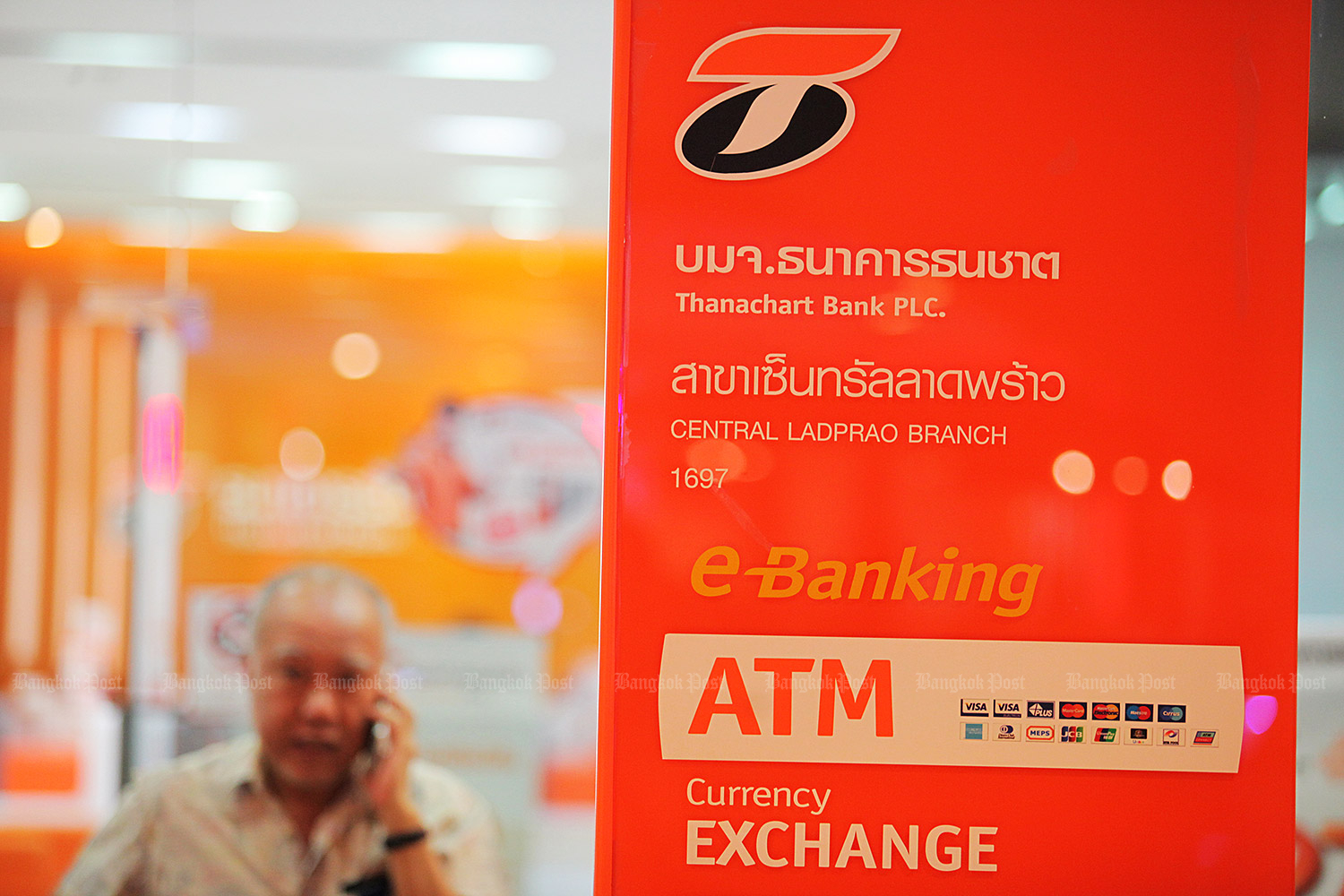
Thais are more willing to share their personal data in exchange for special privileges like cheaper loans, lower insurance premiums and personalised service relative to their global peers, according to Accenture.
The consultancy said it expects a deeper variety of personalised service from banks and insurance firms in Thailand by the end of 2019.
The Personal Data Protection Act will encourage a boost in spending on security systems, while not posing a hurdle to data monetisation.
"Banks and insurance companies in Thailand are at the beginning stage of offering personalisation services, starting last year," said Nontawat Poomchusri, country managing director and financial services practices lead for Accenture Thailand. "There's still a lot of potential to expand by this year or early 2020."
Technology readiness and machine learning will allow companies to better analyse data and draw more meaningful conclusions from customer data, he said.
"70% of Thai consumers would share data for their own benefit, including more rapid loan approvals, discounts on gym memberships and personalised offers based on their location," Mr Nontawat said, citing Accenture's Global Financial Service Consumer Study, which surveyed 47,000 consumers in 28 markets, 1,000 of whom were in Thailand.
Thai consumers showed strong support for personalised insurance premiums, with 87% interested in receiving adjusted car insurance premiums based on safe driving, compared with the global average of 64%.
In addition, 73% of Thai respondents are willing to share data in exchange for lower life insurance premiums tied to a healthy lifestyle, the highest percentage in the world for those options, compared with the global survey average of 52%.
Some 90% of Thai respondents are willing to share data if they receive a discount on non-insurance-related products and services, compared with 75% globally.
The vast majority of Thais, 95%, would provide personal data, including income, location and lifestyle habits, to their insurer if they believed it would help reduce the possibility of injury or loss, compared with 80% globally.
In banking, 94% of consumers would be willing to share income, location and lifestyle habit data for rapid loan approval and receive priority service, compared with 81% globally.
Some 93% of Thai respondents would receive personalised offers based on their location, such as discounts from a retailer, compared with 76% globally. A full 77% of Thai consumers want their bank to provide updates on how much money they have until their next payday, with 78% wanting savings tips based on their spending habits.
"Thai consumers are willing to share significant amounts of personal data to improve their lives and get very targeted services and offers, more than many other people around the world, underscoring huge opportunities for banks and insurers in the country," Mr Nontawat said.
The opportunities emerging in Thailand are huge, he said, but banks and insurers also need to pay close attention to growing concerns about data privacy and security and make that a top priority as they invest in new technologies and digital services.
However, 83% of Thai respondents described themselves as very cautious about privacy and their personal data. In fact, data security breaches were the biggest concern for Thai consumers, tied with increasing costs, when asked what would make them leave their bank or insurer.
Mr Nontawat expects the upcoming Personal Data Protection Act to make business operators get consent from consumers before collecting or sharing personal data.
Businesses that receive customers' consent will invest more in security technology to prevent data breaches and avoid penalties and liability.
Data analytics providers or processors (which are not involved with consumer data directly) need to have a liability contract or agreement with business operators that process personal data.
Mr Nontawat said banks and insurers should become evolving businesses by customising services with agile innovative offerings and cross collaboration to provide complete and bundled packages.